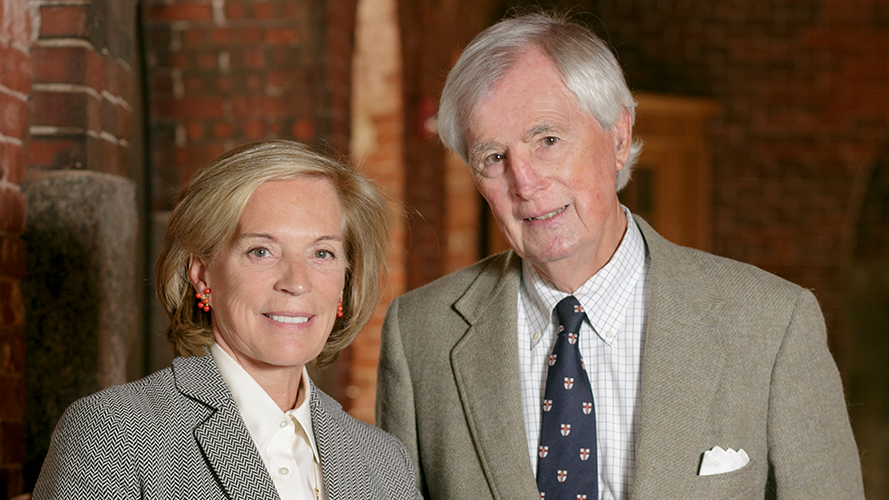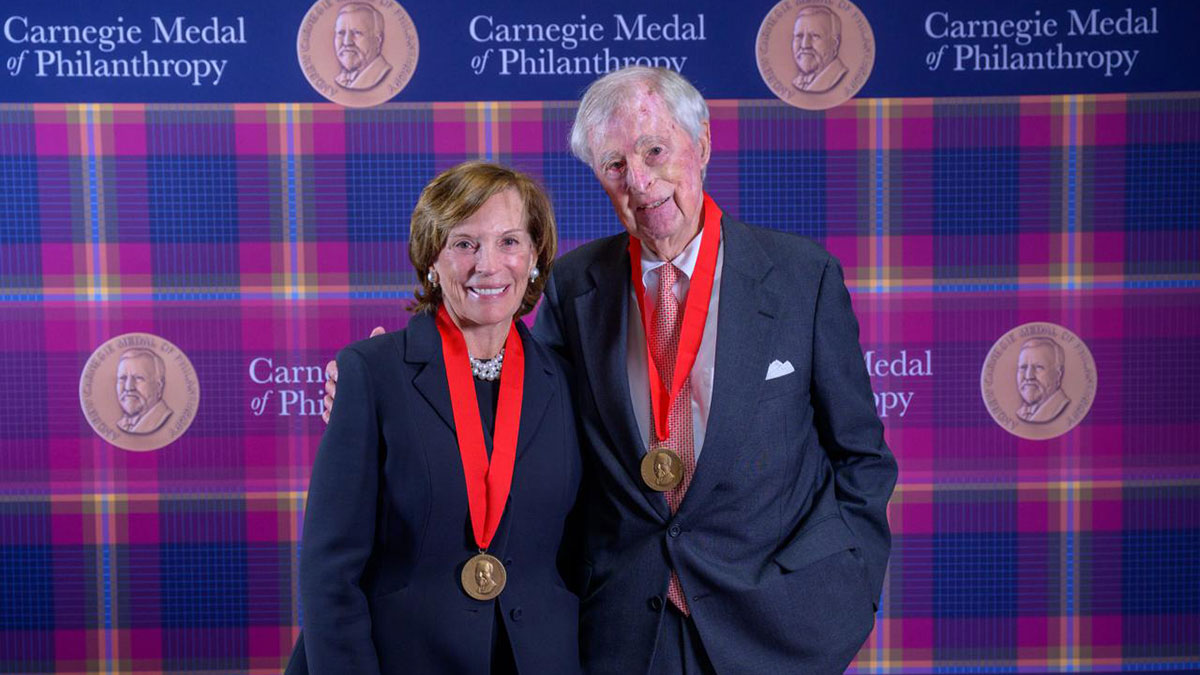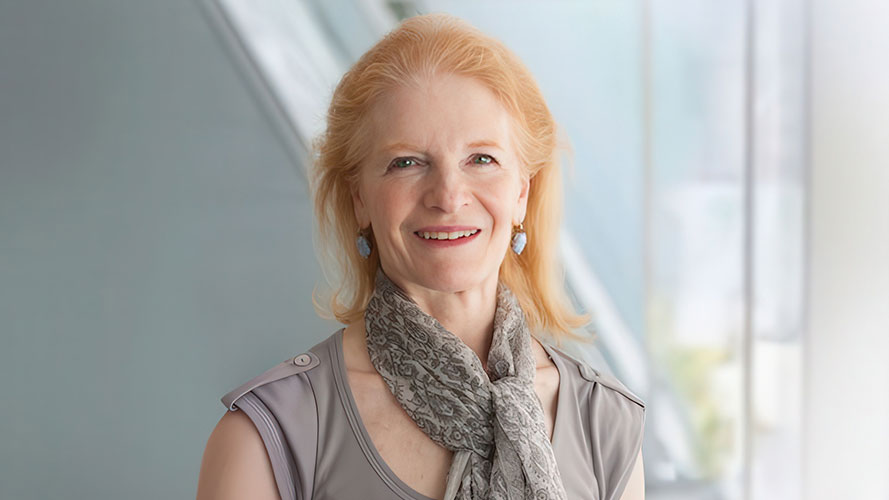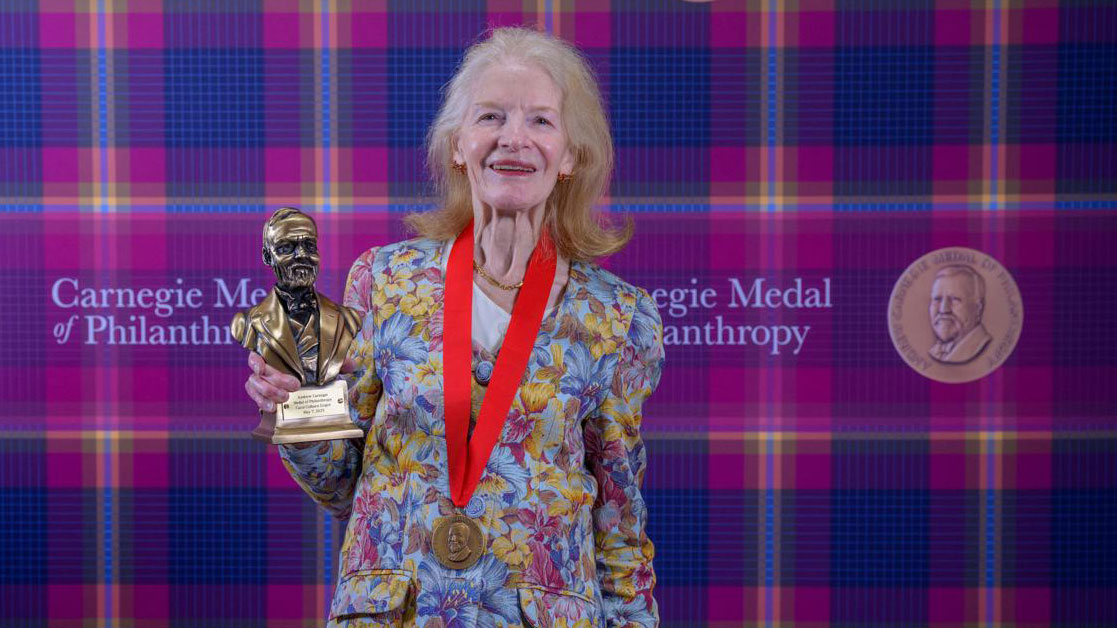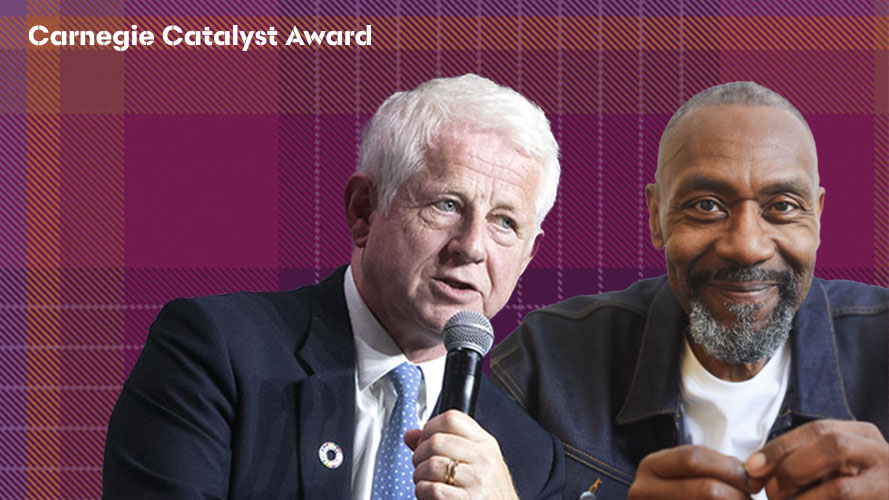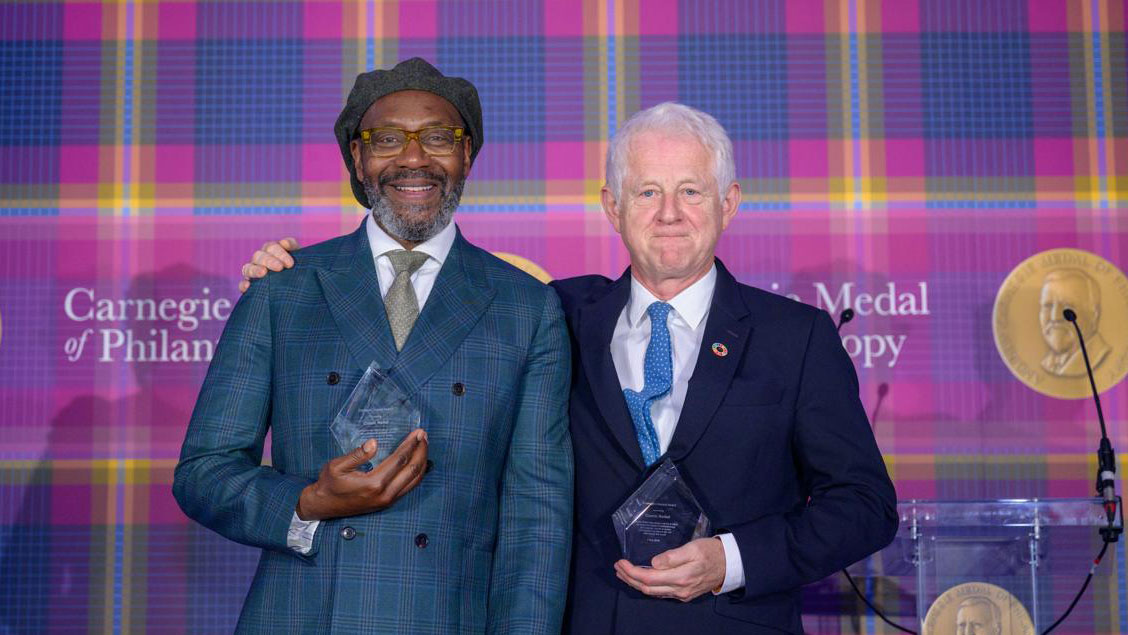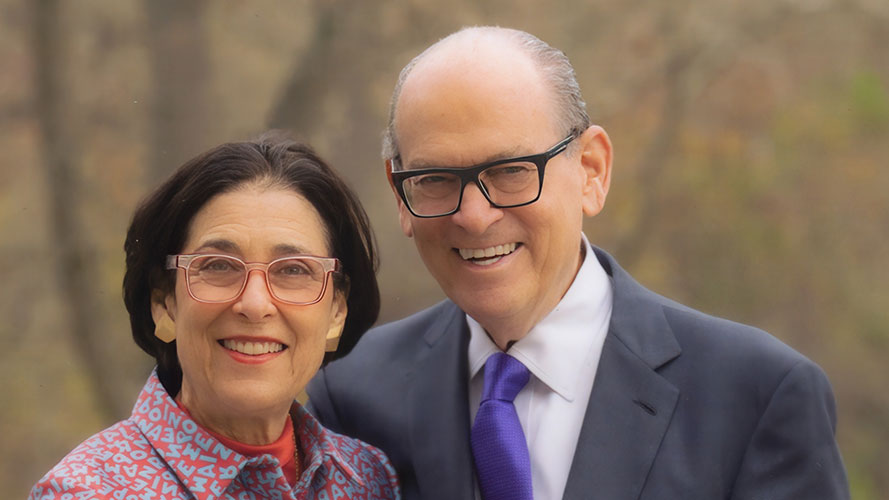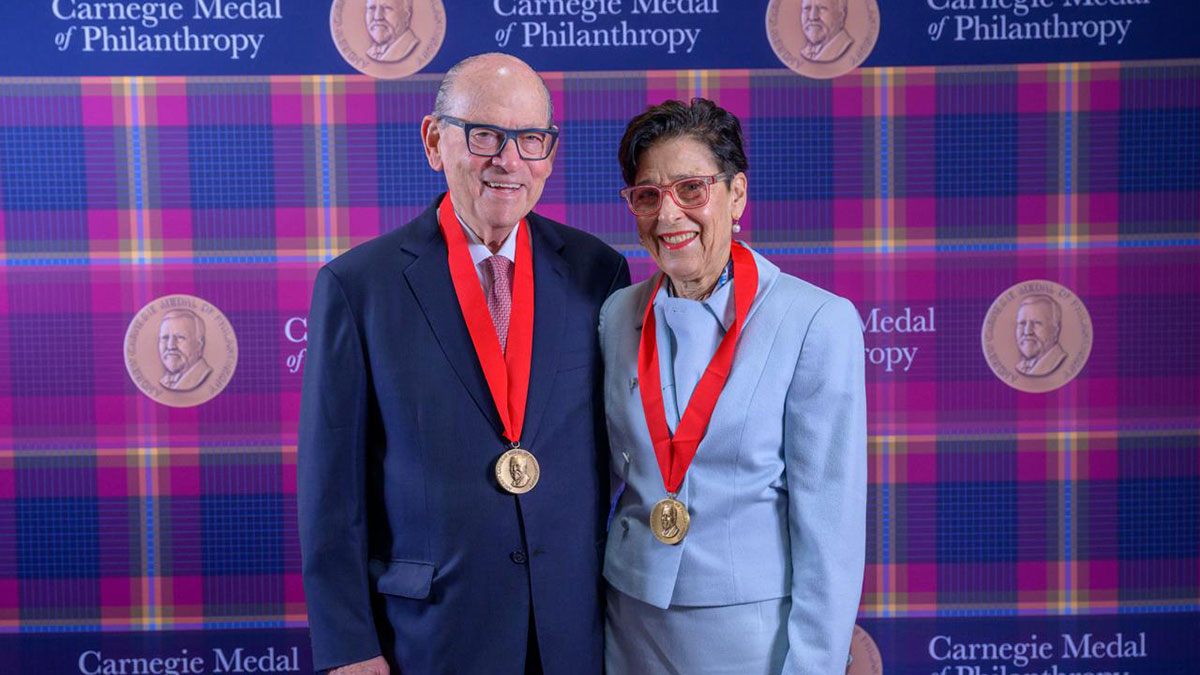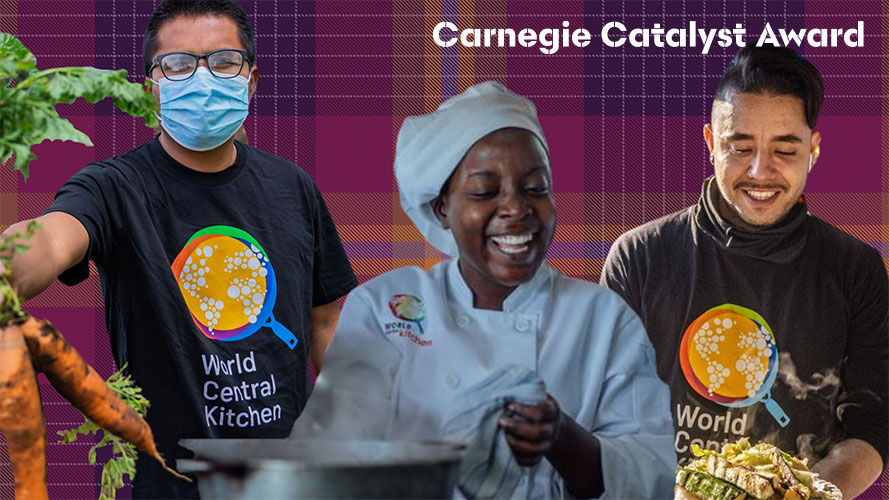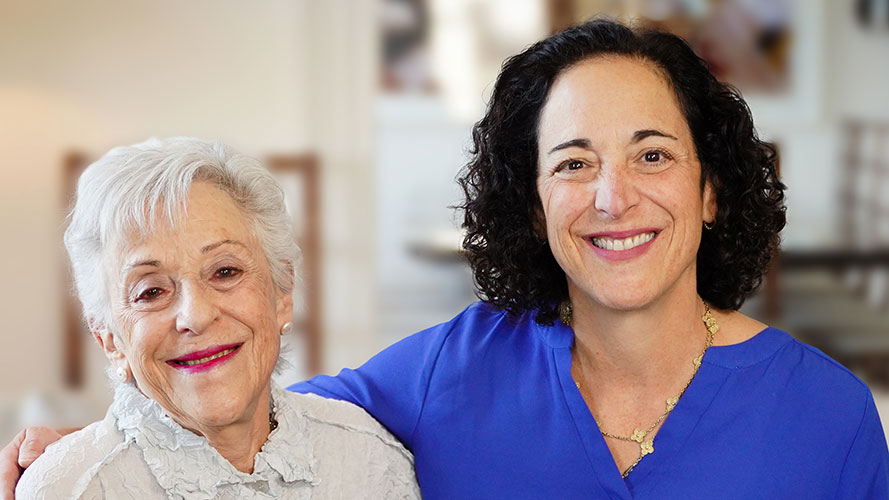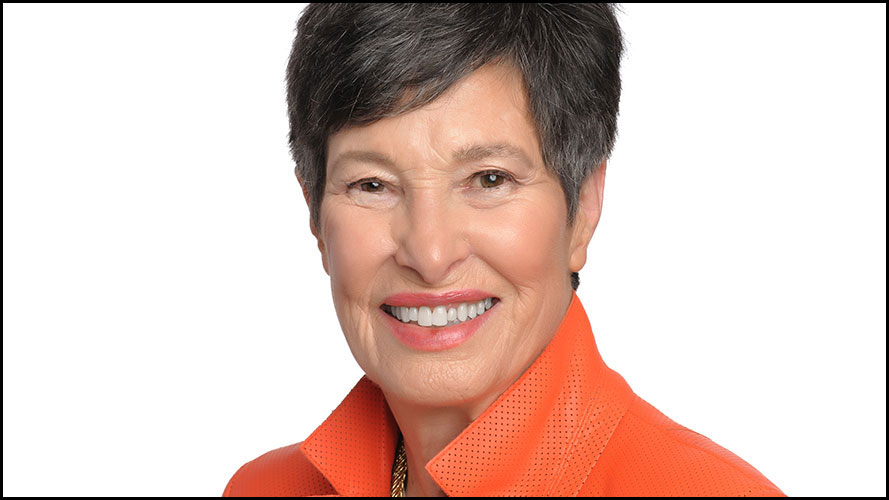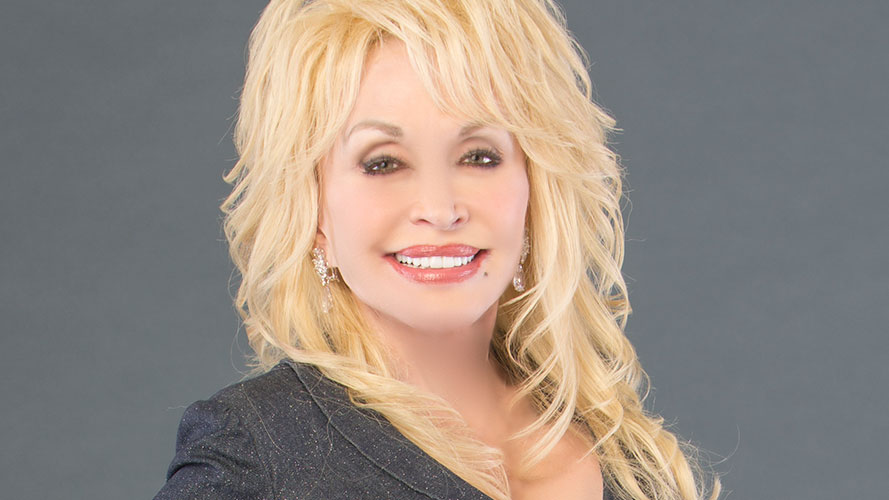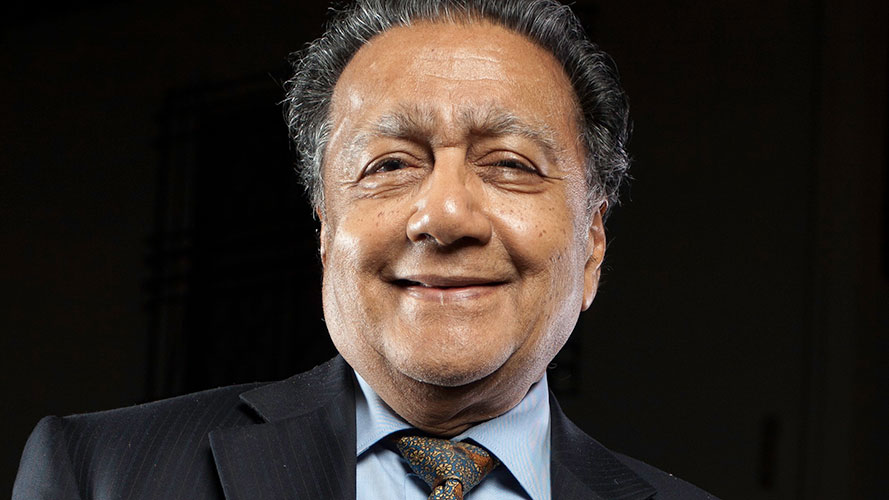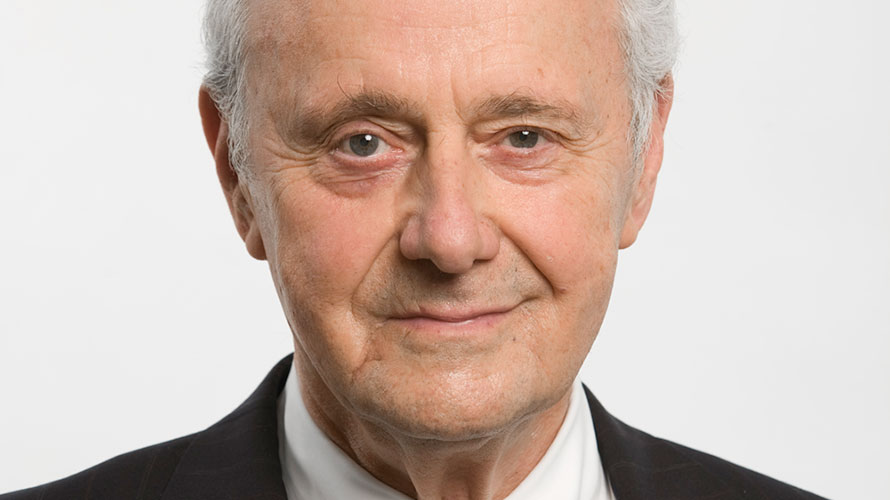Dolly Parton’s life story reads like a fairy tale. She was born in Sevier County, Tennessee, where people struggled to make ends meet and earning a living often took priority over getting an education. From this impoverished but culturally rich region came the woman who would go on to achieve global success as a singer-songwriter, actress, and businesswoman — and as one of the entertainment world’s most generous philanthropists.
Parton was the fourth in a family of 12 children, and her musical talents first emerged in the family’s one-room cabin. Her mother, the daughter of a preacher who played the fiddle, created an inspirational musical grounding for the family, entertaining her children with songs, storytelling, and Smoky Mountain folklore. Parton’s father, a sharecropper, farmer, and construction worker, was also a Pentecostal preacher, and the family was in church every Sunday. Parton made her public singing debut — in church — at the age of six. She continued to perform locally — to rising acclaim — on radio and television. The day after graduating from high school, Parton left home to pursue a musical career.
There were bumps along the road, but eventually, Parton’s hard work and musical genius would lead her to success beyond her wildest dreams. Parton has 47 career Top 10 country albums, a record for any artist, and 110 career-charted singles over the past five decades. With 26 songs reaching number one on the Billboard Country charts, Parton is the winner of 11 Grammys. The first country artist honored as Grammy MusiCares Person of the Year, in 2022 she received her 51st Grammy nomination. In addition to four People’s Choice Awards, three American Music Awards, the Grammy Lifetime Achievement Award, and her induction as a member of the Country Music Hall of Fame, Parton’s accomplishments include an Emmy Award, the authorship of a range of best-selling books, co-ownership of the Dollywood Company, and her role as founder of the Dollywood Foundation. In November, Parton will be inducted into the Rock & Roll Hall of Fame as a member of the Class of 2022.
Named to Forbes magazine’s 2022 list of America’s Richest Self-Made Women, Parton credits her savvy investment decisions to her father, who passed along his business acumen to his daughter. Providing career opportunities for the citizens of Sevier County, Dollywood Theme Park has become Parton’s most valuable asset — and is now the state’s most popular theme park, attracting three million visitors annually.
Parton founded the Dollywood Foundation in 1988 to inspire the children of her home county. The goal: to achieve educational success and decrease high school dropout rates. The foundation’s initial success launched what is now its flagship program, Dolly Parton’s Imagination Library. This children’s book-gifting program began by sending every child in Sevier County a free, age-appropriate book each month in the mail until they reached the age of five. Parton created the Imagination Library in honor of her father, who was illiterate, to make sure that all children had books in their home from the very start. She wanted the program to be stigma free, so Parton made sure that any child, regardless of background or income status, could receive books through the Imagination Library. To date, the program has gifted close to 200 million books across the United States, Canada, the United Kingdom, Australia, and the Republic of Ireland, and the foundation has plans for further expansion.
Parton’s philanthropic work also includes donations to Vanderbilt University to fund pediatric infectious disease research and support for the development of Moderna’s COVID-19 vaccine. The Dollywood Foundation, through its My People Fund, supported hundreds of families who lost their homes during the 2016 wildfires in Sevier County, and also provides scholarship funds to local high school students to help further their education at any accredited university. Looking forward, the Dollywood Foundation continues to find ways to share the life and
legacy of Dolly Parton as an inspiration for children to dream more, learn more, care more,
and be more.
In The Gospel of Wealth, Andrew Carnegie urges us to ponder this question: Because of the life you are living, has “one small part of the great world … been bettered just a little”? The Selection Committee of the Carnegie Medal of Philanthropy salutes Dolly Parton, who has done more than “a little.” With her philanthropy and her artistry, she has empowered and lifted up the citizens of her Tennessee home county as well as millions more around the world. We believe that her many philanthropic achievements embody the values of our founder, who, with us, would surely greet Parton with “affection, gratitude, and admiration.”
The Carnegie family of institutions is honored to welcome Dolly Parton as a recipient of the 2022 Carnegie Medal of Philanthropy.
